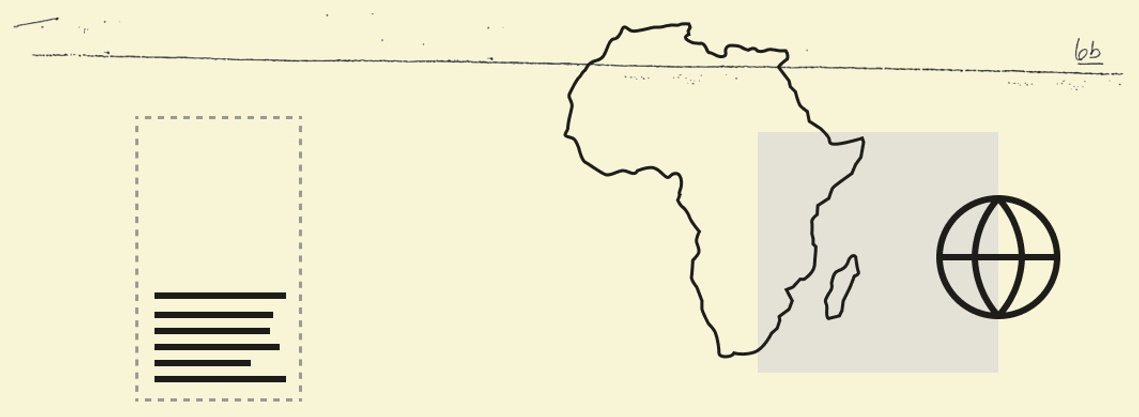 Geopolitics  Adam Schultz/White House Adam Schultz/White House 🇦🇴 US President Joe Biden will travel to Angola in December for talks with President João Lourenço about collaboration on security, health and economic partnerships, the White House said. Biden postponed the trip earlier this month to oversee preparations for hurricanes that were expected to strike southeastern United States. 🇱🇸 The UN World Food Program warned more than 27 million people in southern Africa are at risk of starvation following the worst drought in decades. Deals🇿🇲 Saudi Arabian investment fund Manara Minerals is “closing in on a deal” to buy at least a 15% stake in Zambian copper and nickel assets belonging to Canadian miner First Quantum Minerals, Reuters reports. The stake would potentially be worth at least $1.5 billion. 🇬🇲 Infrastructure investor Africa50 has begun work on revamping the mile-long Senegambia Bridge in the Gambia. The investor said it has issued the first $15.5 million tranche of a $100 million ‘Asset Recycling’ programme with Gambia’s government.  Terra Firma Terra Firma🇿🇦 South African power company Terra Firma is developing a $73 million solar energy project to deliver 110 megawatt peak of wheeled energy. Wheeling enables the transmission of power from one system to another through a third-party network. 🇳🇬 The Nigerian Air Force said it is set to acquire Italian-made aircraft including 24 attack jets and 10 helicopters as part of a fleet renewal strategy. Tech🇿🇦 South African bank Capitec said it is blocking electronic fund transfers from its smartphone and web apps to cryptocurrency exchanges as a measure to protect against fraud. 🇰🇪 Octavia Carbon, a Kenyan startup with technology to remove carbon from the atmosphere, raised $3.9 million in equity financing from a round co-led by investment firms Lateral Frontiers and E4E Africa. 🇿🇦 🇹🇳 E-commerce retailer Jumia will close operations in South Africa and Tunisia by the end of the year. Closing these will allow a focus on the “most promising markets that have a stronger growth potential,” the company said. Monetary Policy 🇳🇦 Namibia‘s central bank cut the repo rate by 25 basis points to 7.25%, its governor said on Wednesday. It followed a cut of the same size at August’s meeting. |